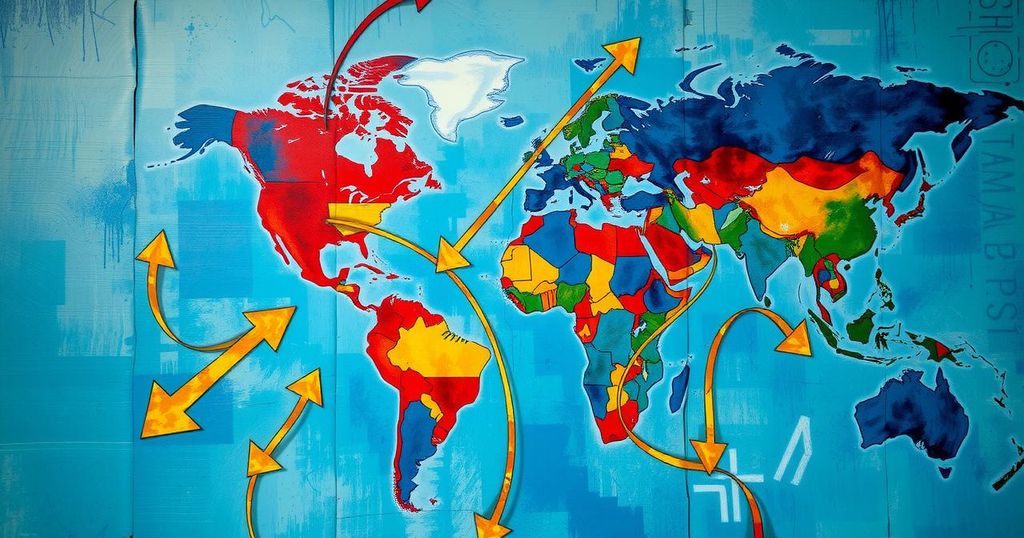Nigeria rejects U.S. pressure to accept deported Venezuelans
- Nigeria’s foreign minister rejects U.S. pressure to accept deported Venezuelans.
- Tuggar emphasizes that Nigeria has enough problems of its own.
- The U.S. seeks agreements with various West African nations for deportees.
- Critics label the policy as “migrant dumping,” causing concern.
- Liberia’s Foreign Minister also refuses U.S. proposals on deportees.
Nigeria Rejects U.S. Pressure on Deportations
Nigeria’s foreign minister has openly criticized the United States, saying the country will not accept deported Venezuelan nationals as per Washington’s growing pressure. During a nationally broadcast interview, Foreign Minister Yusuf Tuggar asserted it is unrealistic for Nigeria, already facing various internal issues with a population of over 230 million, to take in hundreds of Venezuelans who lack connections to the nation. “We already have enough problems of our own,” Tuggar stated plainly, adding a touch of pop culture to his discourse with a memorable quote from rapper Flava Flav: “I can’t do nothin’ for you, man.”
Tensions Rise Over Immigration Policy
This response from Tuggar comes amid reports that the Trump administration is actively seeking solutions for deportees from various nations, particularly Venezuela, who cannot return home due to diplomatic challenges. Documents reviewed by The Wall Street Journal indicate that at least five West African countries have been approached for resettlement arrangements. Nigeria, recognized for being one of the most populated and pivotal countries in Africa, has become the first to reject such U.S. terms publicly, illustrating a significant stance in the ongoing tug-of-war that highlights a shift in immigration policy intertwining with international relations.
Concerns Over Third-Country Arrangements
The situation is quite resonant in Florida, home to many Venezuelan exiles. South Florida has become a hotspot for immigration matters linked to the humanitarian crisis in Venezuela, where tensions are palpable over the idea of ‘migrant dumping.’ As Tuggar reiterated, accepting Venezuelan deportees would be met with criticism from the very critics who might oppose the idea upfront. Nigeria is not isolated in this dismissal; Liberia’s Foreign Minister has also stated her country has had no discussions about taking in deported Venezuelans as a response to U.S. pressure. The Trump administration’s push for ‘safe third country’ agreements has not deterred these nations, signaling broader implications for U.S. foreign policy and its relationship with West African countries.
In light of the unfolding immigration crisis and U.S. diplomatic efforts, Nigeria’s refusal to accept deported Venezuelans exemplifies growing tensions between U.S. immigration policy and its impacts abroad. As highlighted by Foreign Minister Tuggar, Nigeria must prioritize its internal challenges rather than partake in potentially controversial resettlement agreements. Moreover, this rejection reflects wider sentiments among several African nations reluctant to take on additional burdens due to external pressures.




Post Comment